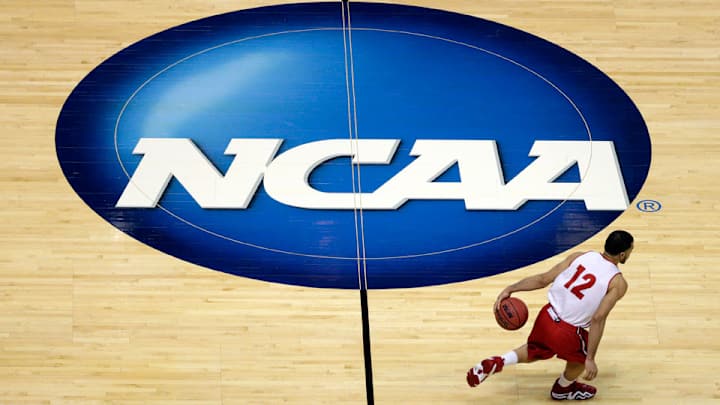Court agrees NCAA violates antitrust law, compensation plan rejected

A U.S. Circuit Court of Appeals has decided to uphold a lower court ruling that NCAA violates antitrust laws with its rules limiting what athletes can receive while playing collegiate athletics. The decision also backtracks on a federal judge's decision that allowed college athletes to be paid up to $5,000 per year in deferred compensation for their name, image and likeness.
"The NCAA is not above the antitrust laws, and courts cannot and must not shy away from requiring the NCAA to play by the Sherman Act’s rules,” the panel announced. “In this case, the NCAA’s rules have been more restrictive than necessary to maintain its tradition of amateurism in support of the college sports market. The Rule of Reason requires that the NCAA permit its schools to provide up to the cost of attendance to their student athletes. It does not require more.”
In August 2014, a ruling by U.S. District Judge Claudia Wilken allowed schools to offer football and men's basketball players up to $5,000 annually as deferred compensation for the use of their names, images and likenesses. The athletes would be able to begin receiving credit for that pay starting with the 2016-17 school year in addition to their scholarships, and receive the money after finishing their careers. In Wednesday's ruling, Chief Judge Sidney Thomas disagreed with Wilken.
This past July, the NCAA was ordered to pay $44.4 million in attorneys' fees and another $1.5 million in costs to lawyers for the plaintiffs in the Ed O'Bannon class-action antitrust lawsuit.
- Christopher Chavez
